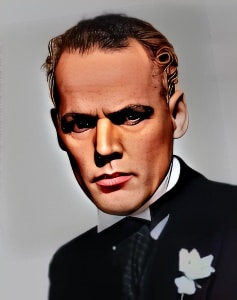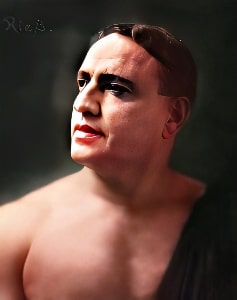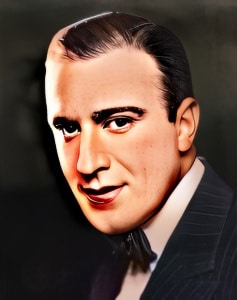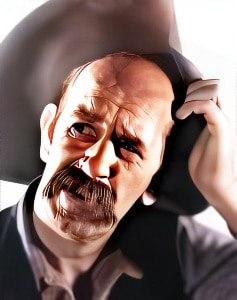 Henry Hull, a prolific American actor known for his distinctive voice and memorable performances, made significant contributions to both the stage and screen throughout his career.
Henry Hull, a prolific American actor known for his distinctive voice and memorable performances, made significant contributions to both the stage and screen throughout his career.
Born on October 13, 1890, in Louisville, Kentucky, and passing away on March 8, 1977, in Cornwall, New York, Hull left a lasting legacy in the world of entertainment.
Hull’s journey into the world of acting began on the stage. He honed his craft and established a name for himself as a talented theater actor, earning acclaim for his performances in various Broadway productions. His theatrical work helped him develop a strong foundation in acting and shaped his distinctive voice, which would later become one of his trademark features.
In the 1920s, Hull transitioned from the stage to the burgeoning film industry. He made his screen debut in silent films, and his talent quickly gained recognition. Hull’s transition to sound films was smooth, largely due to his resonant and distinctive voice. He possessed a deep and expressive baritone that made his characters instantly recognizable.
One of Hull’s notable contributions to the world of cinema was his role as Donald Meek in the 1922 film “ One Exciting Night.” Directed by D.W. Griffith, this film is a suspenseful tale of mistaken identity and the pursuit of justice. Hull’s portrayal of Donald Meek, a young man wrongly accused of murder, is a highlight of his early film career. The film is celebrated for its thrilling narrative and Hull’s compelling performance.
Hull continued to work in film throughout the 1920s and 1930s, often portraying a wide range of characters. His versatility as an actor allowed him to excel in various genres, from drama to comedy. His performances were marked by their authenticity and emotional depth.
One of Hull’s most memorable film roles was in the 1935 horror classic “Werewolf of London.” Directed by Stuart Walker, the film is considered one of the earliest werewolf-themed movies. Hull played the role of Dr. Wilfred Glendon, a botanist who becomes afflicted with lycanthropy during an expedition to Tibet. The film is praised for its atmospheric cinematography and Hull’s portrayal of the tormented and reluctant werewolf.
Henry Hull’s stage and screen career continued to flourish throughout the years. His dedication to his craft and his ability to bring depth to his characters earned him respect and admiration from both his peers and audiences. His distinctive voice and talent allowed him to make a lasting impact on the entertainment industry.
While Hull may not have achieved the same level of fame as some of his contemporaries, his contributions to the world of film and theater are significant. He brought a unique and memorable quality to his roles, making him a beloved figure in the annals of American cinema.
Henry Hull’s career spanned several decades, and his work on both stage and screen enriched the world of entertainment. His legacy endures through his performances, which continue to be celebrated and appreciated by those who explore the history of film and theater.
Loading live eBay listings...




